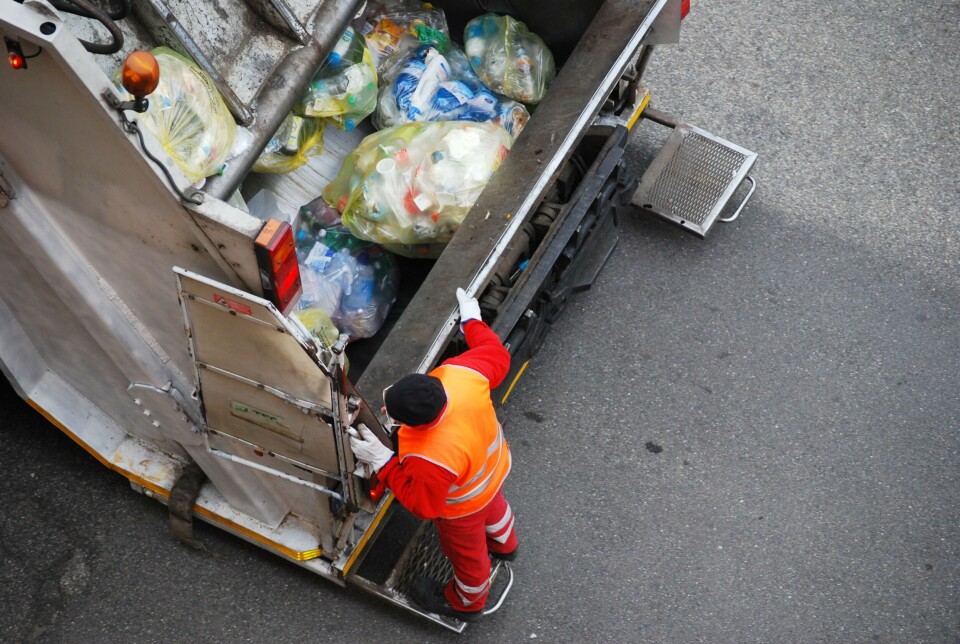-
Why supermarkets are urging shoppers to buy French leeks
Try our French classic leek vinaigrette recipe
-
New bill targets skiers under influence of alcohol or drugs
There are not currently any specific rules on skiing while under the influence
-
Paris airport to remove passenger drop-off zones near terminals
Travellers being taken to airport by family or friends will need to use shuttle bus or public transport to reach terminal
How rubbish collections and fees are changing in south west France
People in the Dordogne are being charged differently for collections - with fees increasing the more waste there is - in a bid to encourage them to reduce the waste they create

Rubbish collection rules and fees are changing in Dordogne in southwest France, with people beginning to be charged depending on the amount of waste they create. We look at what this means for residents.
Previously, rubbish collections were funded by the taxe d’enlèvement des ordures ménagères (TEOM), which was based on the theoretical rental value (valeur locative) of a property. Once calculated, the base would be multiplied by a rate decided by the local authority.
The TEOM would appear on property owner’s taxe foncière local tax bills, and was paid by homeowners or by tenants through their rent.
This tax has now been replaced in Dordogne by a redevance d’enlèvement des ordures ménagères (household rubbish collection fee), which is made up of a fixed charge alongside an additional variable fee.
This latter charge is calculated based on the number of people living in the property, which determines the number of bins the household will be given.
The new fee aims to incentivise people to create less waste in order to reduce the cost of their collections because once the household goes beyond its allocated container volume, it will be charged an additional fee per extra bin bag.
A reader tells how she is affected by the changes - and the feeling in the local community: Maggots, protests: Dordogne reacts to ‘pay-as-you-throw’ waste system
In order to reduce the cost of the service, the Syndicat mixte départemental des déchets de la Dordogne (SMD3) has stopped door-to-door collections and has instead established points d’apport volontaire (PAV) collection points.
Users are given cards to gain access to these sites and these allow the authorities to work out the fee that they owe.
These PAVs are still being rolled out across the department, and will reach different communities at different times between now and 2025.
For example, people in Périgueux still have individual bins that are collected. These are now – or will soon be – fitted with a microchip to record the number of times the bin is emptied.
Because this service requires more manpower, the fees paid by people in Périgueux will be around a third higher than those paid by people who take their bins to a PAV.
What about apartment blocks?
For people living in apartment blocks who still have collections, the local authority will calculate the number of people being served and the fee will be divided between them.
Why is the change happening?
Local authorities in Dordogne are aiming to encourage people to produce less waste. The department does not have an incinerator, so rubbish is taken to the Saint-Laurent-des-Hommes landfill site, which cannot be used ad infinitum.
Related articles
Eight ideas for what to do with your old Christmas tree in France
How to dispose of old fire extinguishers in France
Autumn leaves: Rules as to what to do with garden waste in France
























